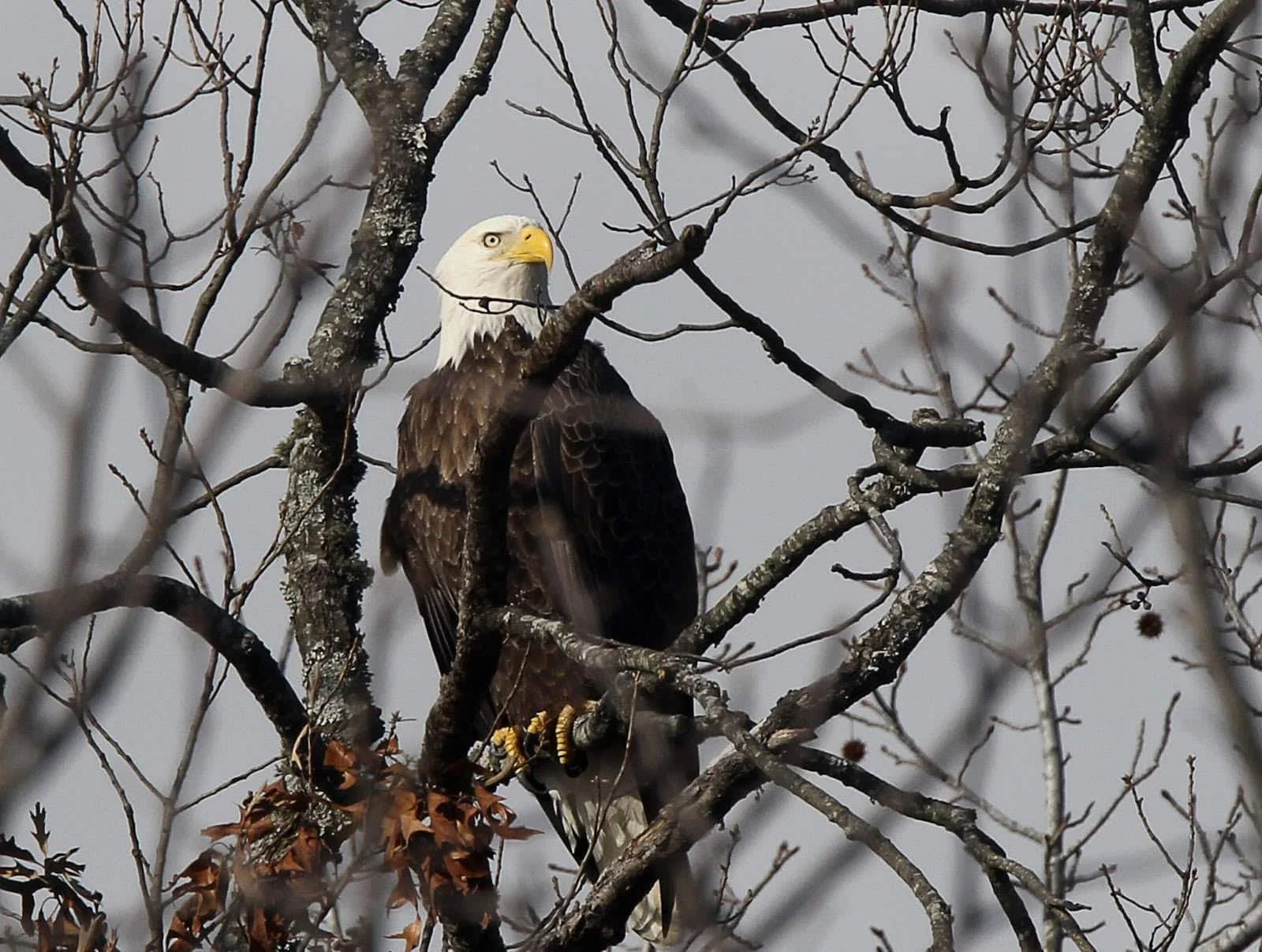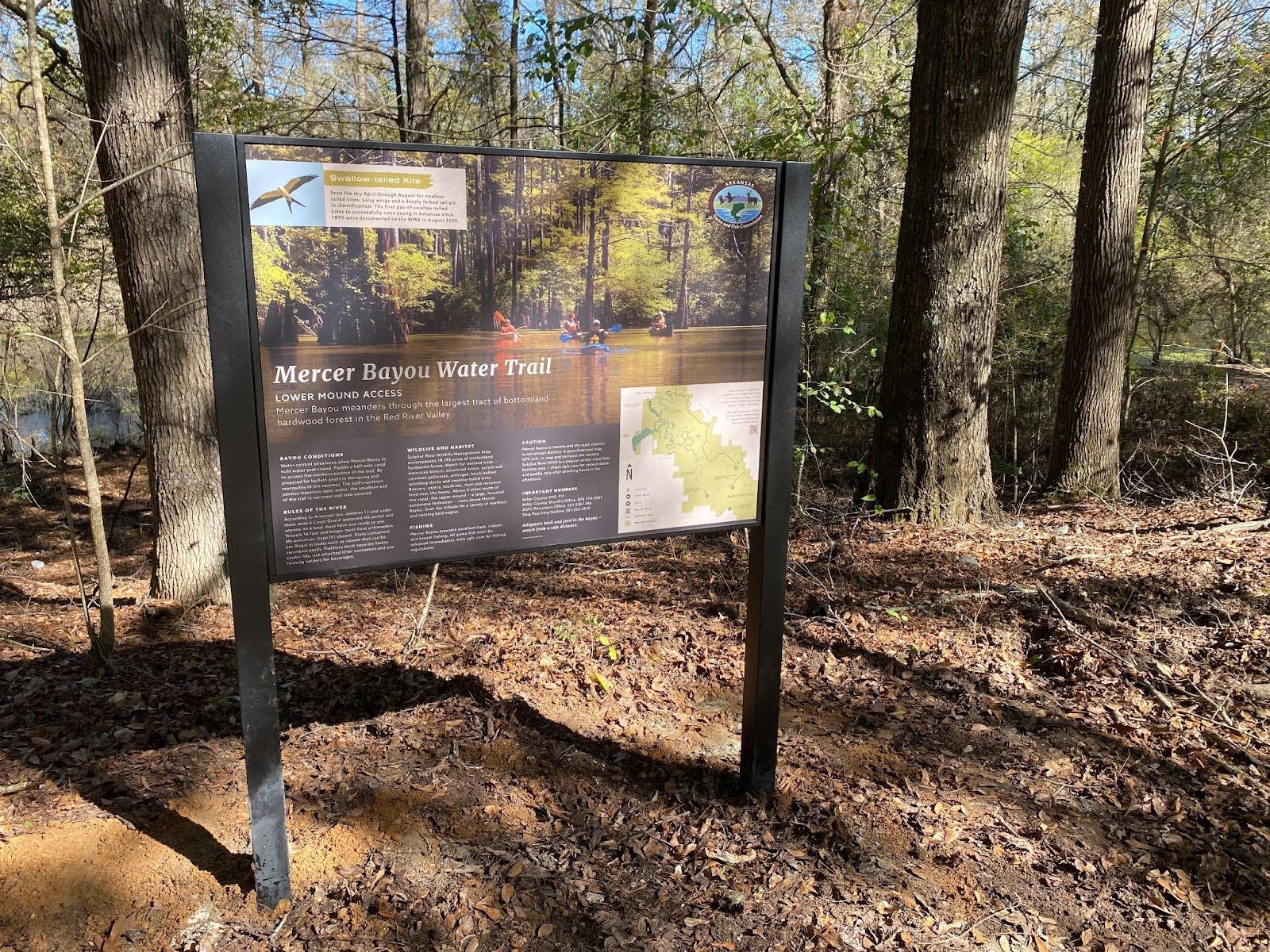This washed-out road at Petit Jean River WMA is indicative of some of the damage seen throughout the state during last week’s epic rain event. AGFC photo.
The road crossing this set of culverts on H. E. Alexander WMA has narrowed considerably from a washout, and caution is advised when encountering this sort of condition when hunting. AGFC photo.
LITTLE ROCK — The Arkansas Game and Fish Commission is still assessing much of the damage from five days of rain and storms that dumped more than 2 feet of water in some portions of The Natural State. The AGFC asks hunters and anglers to exercise additional caution when driving to their favorite turkey hunting location or boat ramp this spring.
The AGFC’s Special Youth Turkey Hunt is Saturday and Sunday, April 12-13. The regular statewide turkey season begins Monday, April 21.
Damage at Jim Hinkle Spring River Hatchery was extensive. AGFC photo.
“We know there are still some roads underwater right now that will block access to some wildlife management areas, and we’re still receiving reports on county roads and roads within WMAs that have been washed out or otherwise compromised to vehicle traffic,” AGFC Operations Division Chief Mike Cantrell said. “All of our areas will remain open for turkey season and other access so that people can enjoy the outdoors and reengage with nature, but please be patient and observant as downed trees, washouts and other dangers may be present until our crews and various partner agencies have a chance to address them.”
Downed power lines, a collapsed railroad bridge and extensive erosion contribute to safety concerns at Spring River facilities following last week’s storms. AGFC photo.
Cantrell also warns that water levels still have not crested on some of Arkansas’s major rivers, and additional areas may experience flooding, particularly in the southern half of the state. Visit this link to view the National Water Prediction Service’s map of existing river gauges and flood predictions.
The Jim Hinkle Spring River State Fish Hatchery at Mammoth Spring is one AGFC-owned area that will be temporarily closed as agency staff work to rebuild the road leading to the hatchery and assess the damage caused by the flood.
“The hatchery did flood, and we are still getting a bearing on the extent of the damage,” Cantrell said. “We appreciate everyone’s understanding and patience as we work to make these areas safe again. Please stay safe and stay away from the Spring River State Fish Hatchery and Dam 3 Access to the Spring River area until further notice. We will provide updates on the situation as they become available.”





























































